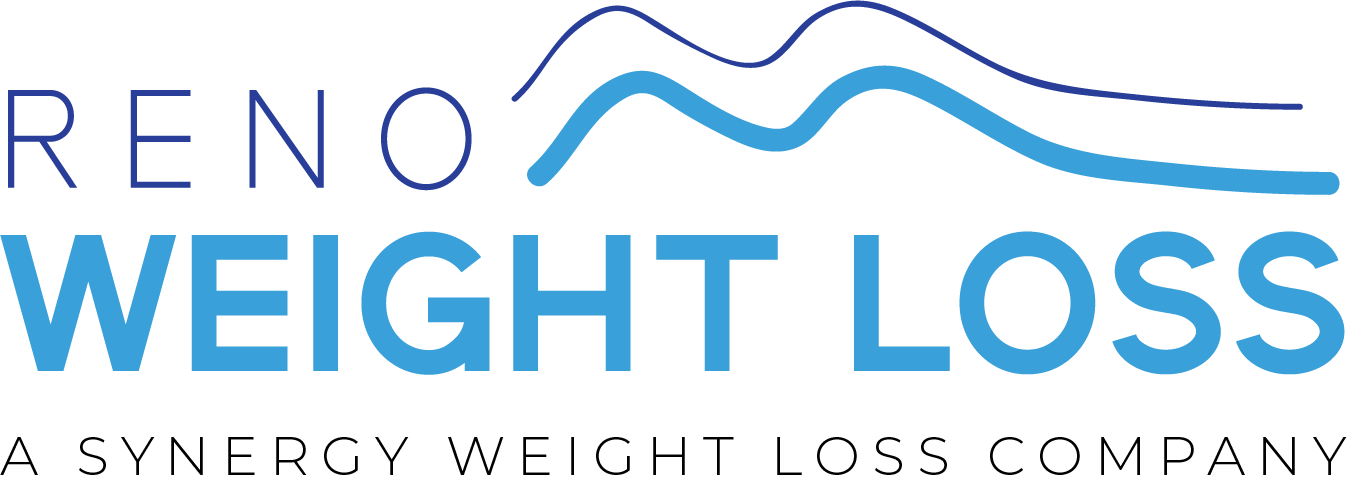Effective weight loss programs focus on helping individuals reduce caloric intake while increasing activity to create a calorie deficit. This calorie deficit is essential for successful weight loss, as the body needs to burn more energy than it consumes in order to lose weight.
However, this should not be done by drastically cutting calories or engaging in overly strenuous activities. Instead, experts recommend reducing daily caloric intake by 500-750 calories, while engaging in a mix of cardiovascular and resistance training activities to help the body use up excess energy.
Cardiovascular exercise is primarily aerobic in nature, such as running, jogging, cycling or swimming. These activities can help burn fat by increasing your heart rate and improving your metabolic rate. Strength training and resistance exercises are also important for weight loss because they build muscle, which helps you burn calories even when you’re not actively exercising.
In addition to aerobic and resistance exercises, nutrition also plays an important role in successful weight loss. Healthy eating habits are essential for losing and maintaining healthy body weight. Eating nutritious foods that are high in fiber and low in saturated fat can help boost metabolism and reduce calorie intake while providing the necessary vitamins and minerals needed for optimal health.
Finally, it’s important to remember that weight loss is not a one-size-fits-all solution. Each individual has different needs when it comes to dietary changes and exercise routines. Therefore, consulting with a qualified physician or nutritionist can help you create an effective plan that fits your lifestyle and goals. With the right combination of diet, exercise, and support, you can create an effective weight-loss program that works for you.
Energy Balance and Weight Loss
- Create a Calorie Deficit – To lose weight, you need to create an energy deficit by burning more calories than you consume in a day. This means consuming fewer calories than your body needs and increasing physical activity to burn extra calories.
- Focus on Nutrition – Eating nutritious meals with plenty of fruits, vegetables, and lean proteins is essential for successful weight loss.
- Exercise Regularly – Combining aerobic and strength-training exercises can help boost metabolism and burn more calories.
- Get Support – A qualified physician or nutritionist can help create an individualized weight loss plan that works for you. Having support from family and friends is also beneficial when trying to reach your goals.
By following these steps and making smart lifestyle changes, you can create an effective weight loss program that will help you reach your goals. Remember to stay consistent with healthy eating habits and regular exercise in order to achieve long-term success.
Professional Guidance and Support
Weight loss can be a difficult and emotional process, but it doesn’t have to be done alone. Seeking professional guidance from qualified doctors or nutritionists can help you create an individualized plan that fits your lifestyle and goals.
Having proper support is also essential for successful weight loss, whether it comes from family members, friends, or online communities. With the right amount of guidance and support, you can create an effective weight loss program that helps you reach your goals.
By understanding the science behind successful weight loss programs and taking steps to make healthy lifestyle changes, you’ll be on your way to a healthier body and improved self-confidence. With determination and knowledge, anything is possible!



